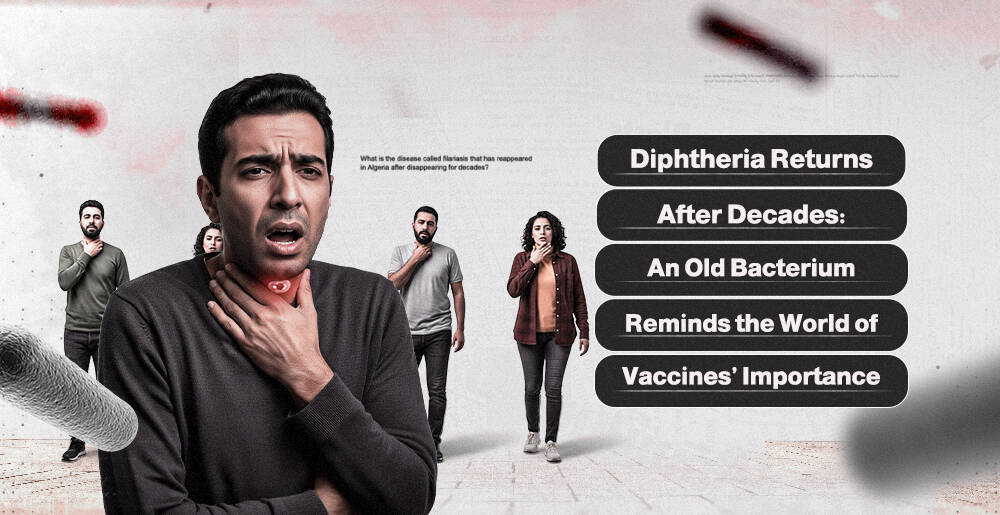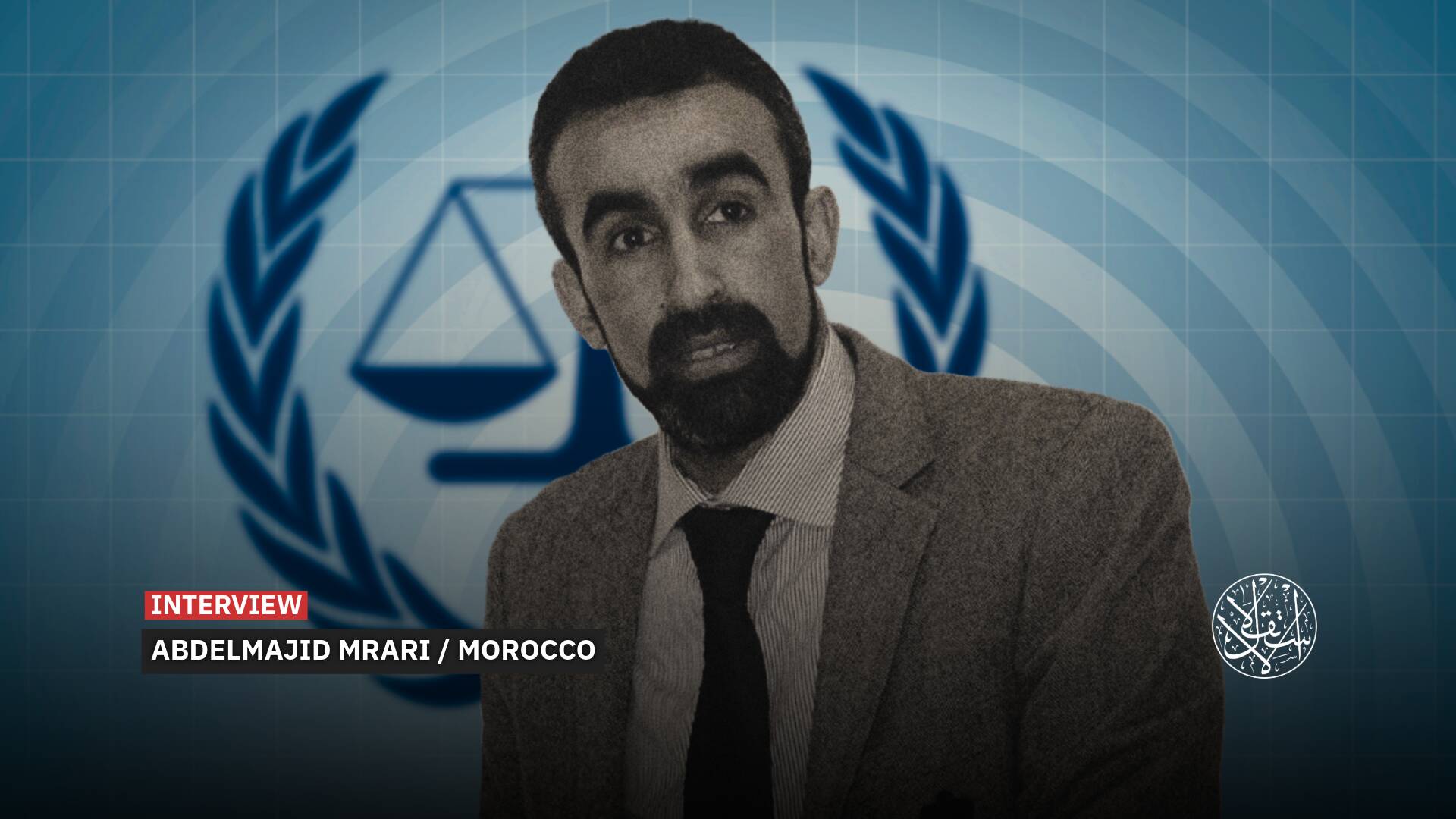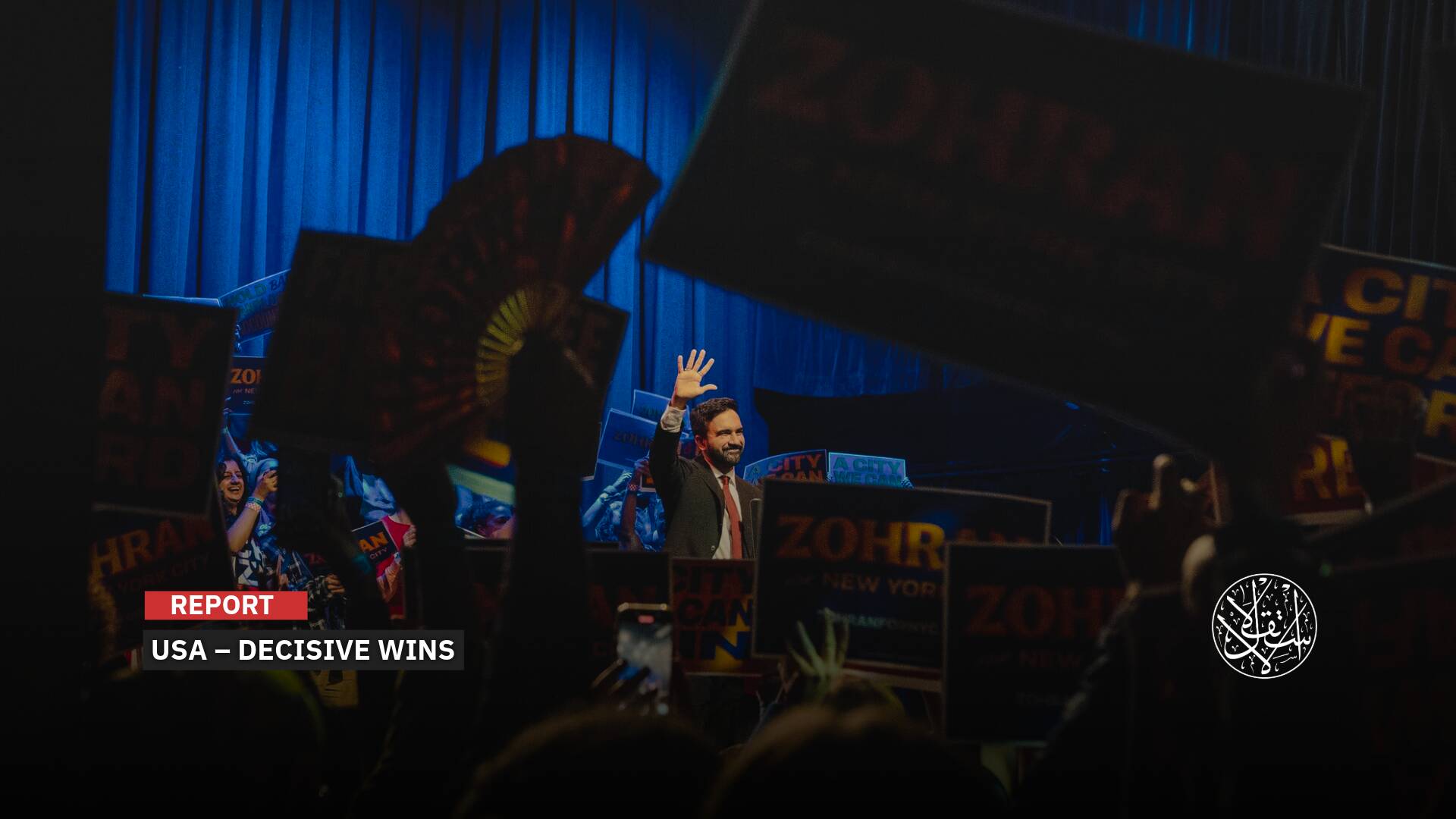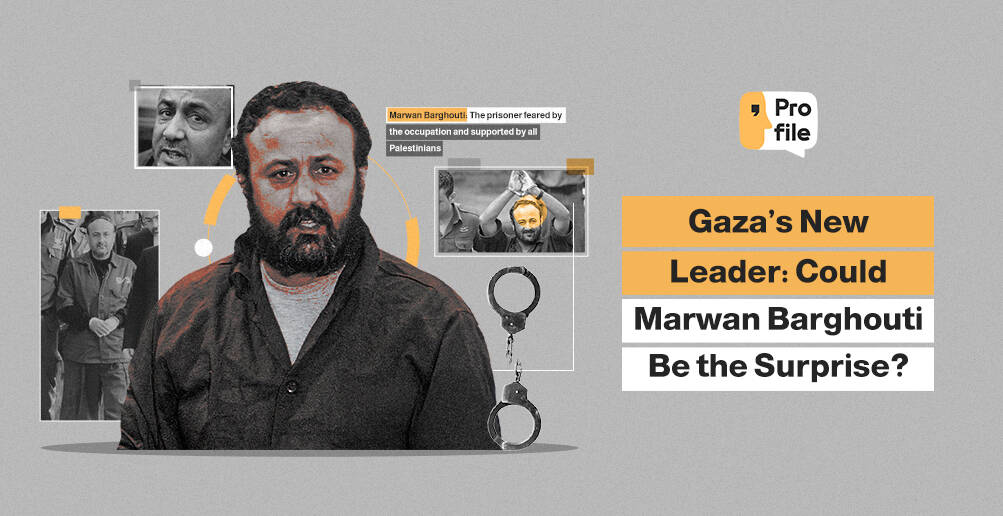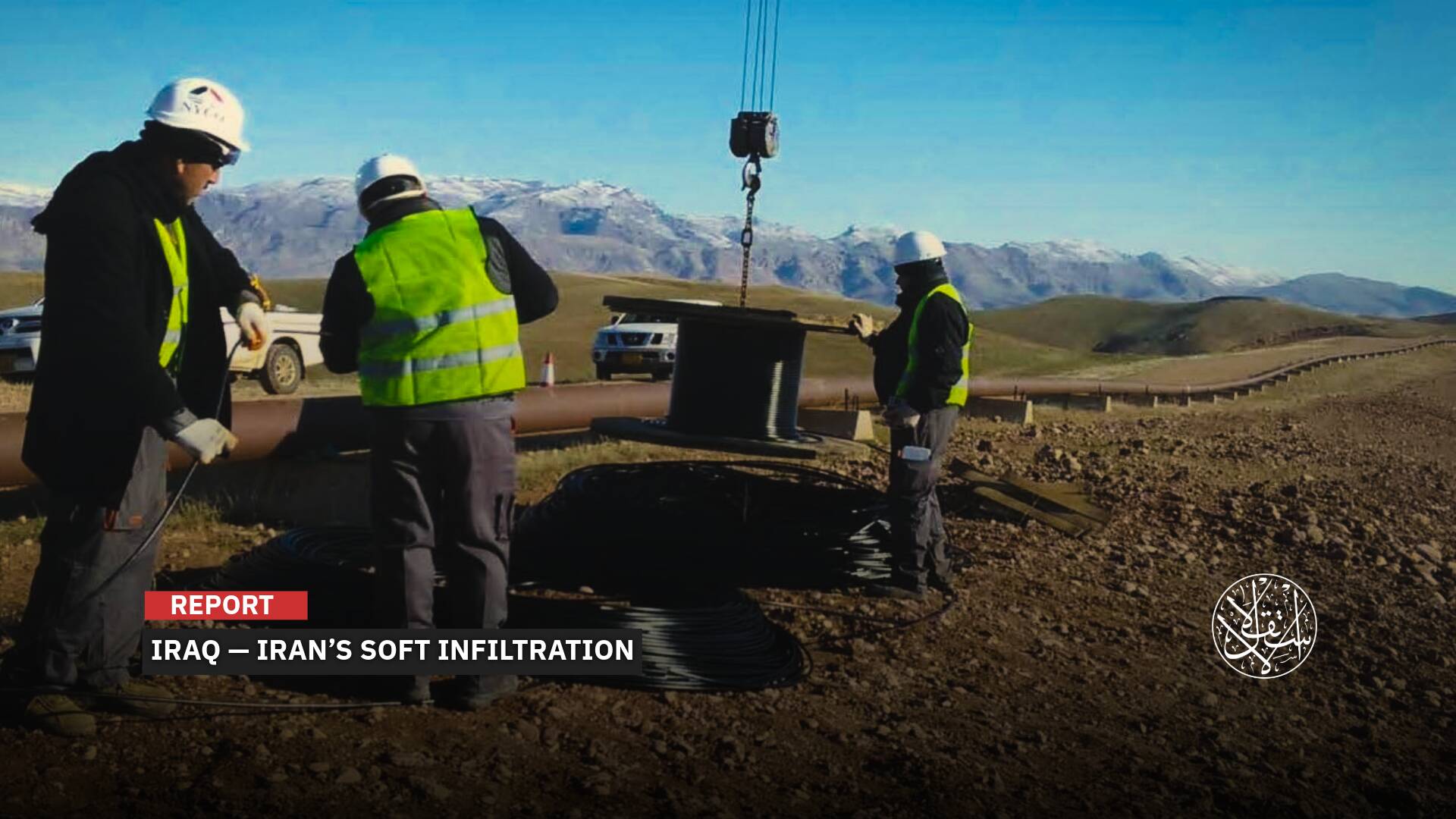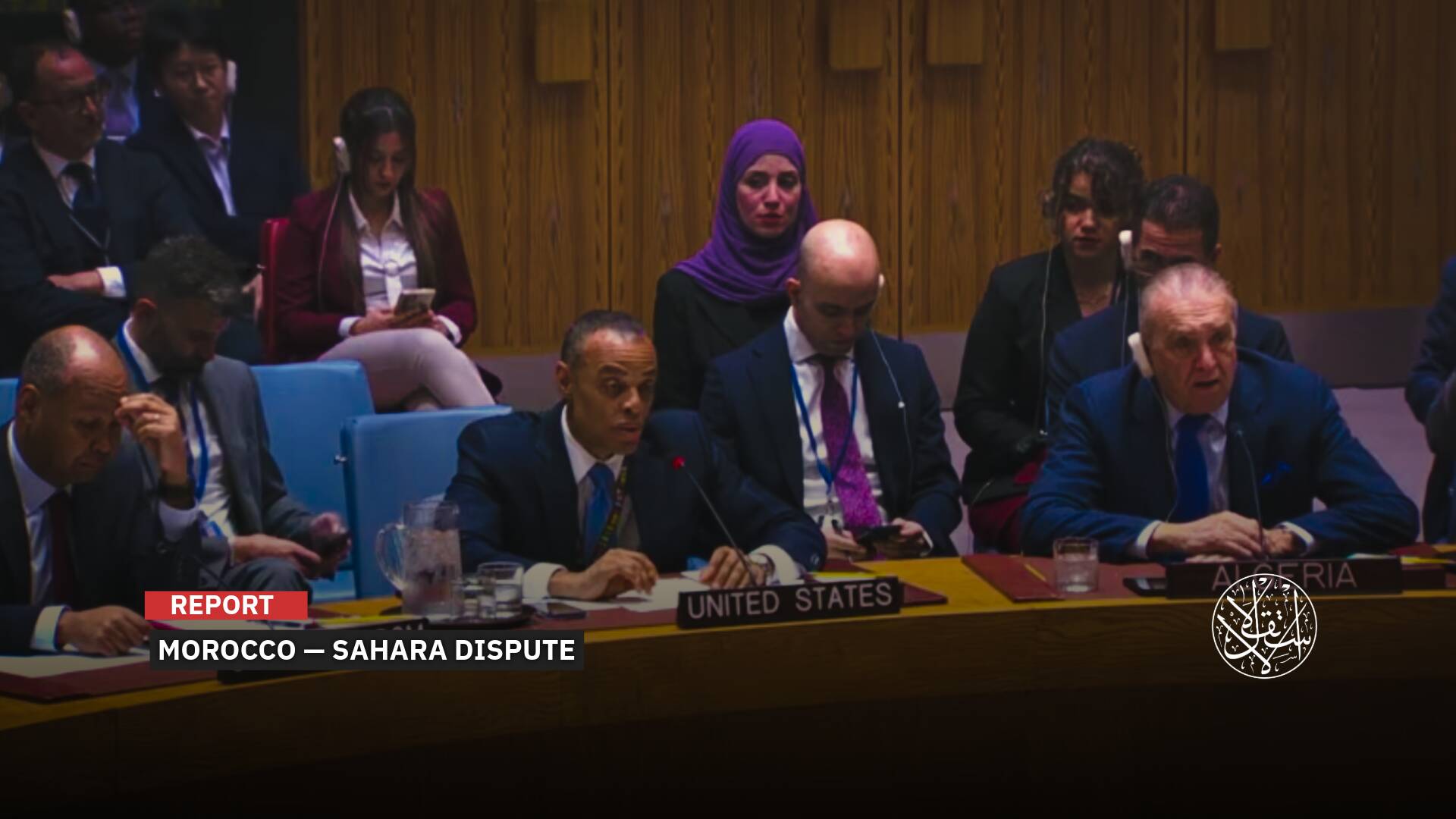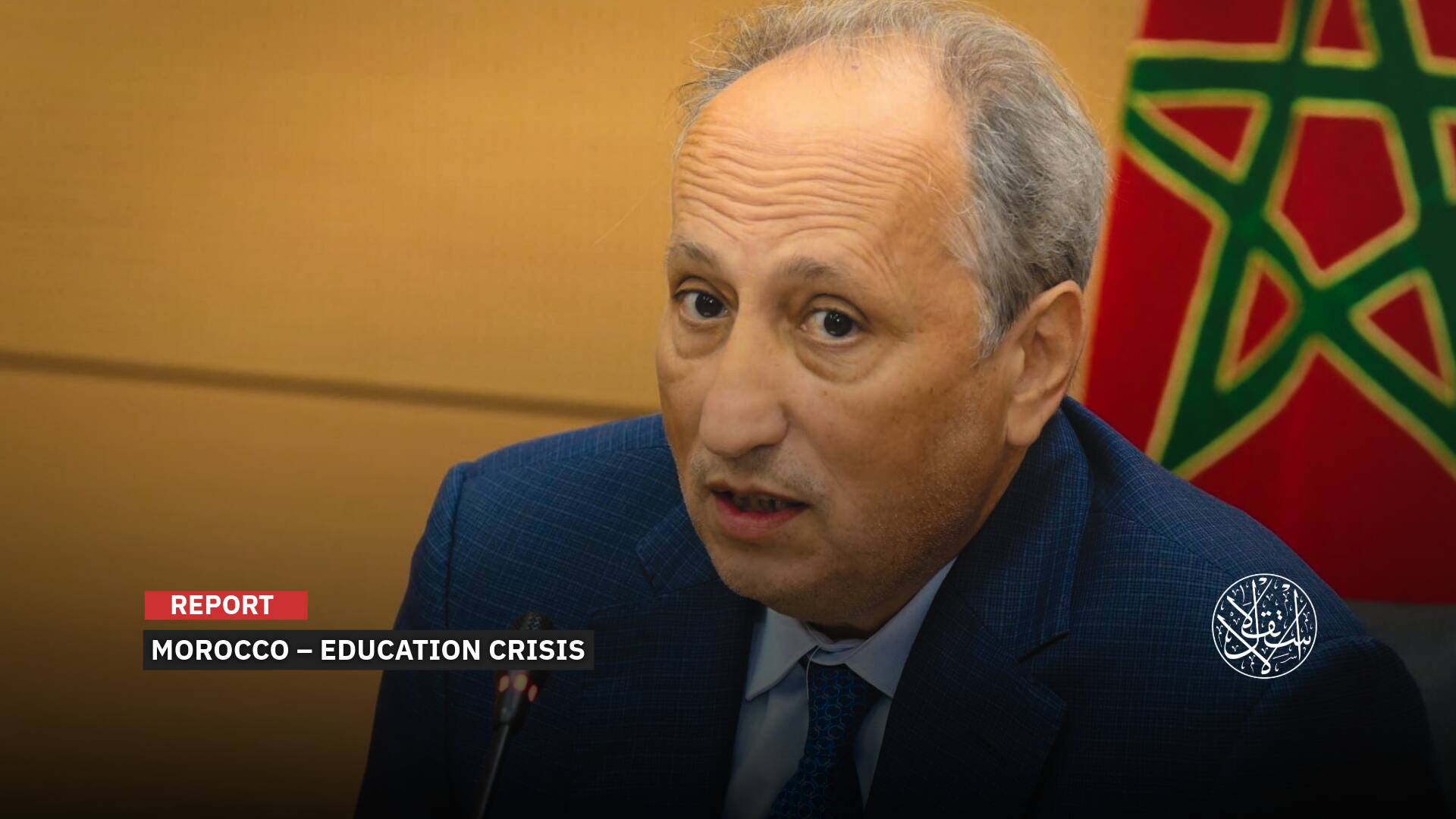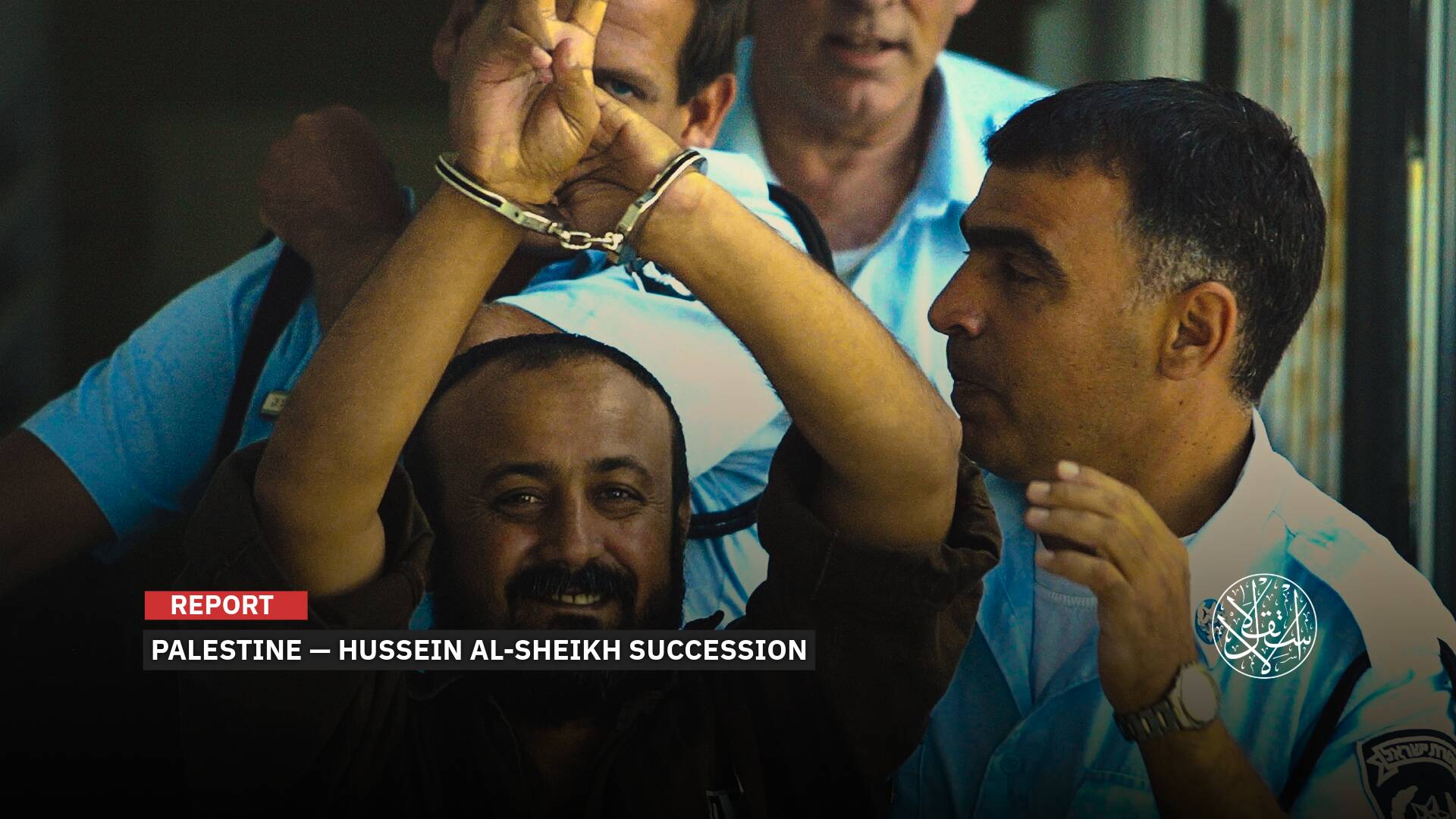Gaza Health Official: 'Israel Systematically Targets Healthcare Facilities' (Exclusive)

“The Israeli Occupation has taken to destroying and setting ambulances on fire.”
In a chilling revelation to Al-Estiklal, Dr. Maher Shamiya, the Deputy Health Minister in Gaza, revealed that the Israeli Occupation issued a brutal ultimatum to the staff and patients at Kamal Adwan Hospital before setting it ablaze: “Leave the hospital or die.”
In an exclusive interview, Shamiya explained that “Israel” justifies its actions by claiming the hospital is within the zone of a major military operation, making evacuation necessary. However, once emptied, the hospital quickly transforms into a permanent military stronghold for the Israeli forces.
The doctor also highlighted that the destruction of Gaza’s healthcare sector by the Israeli Occupation forces is systematic and deliberate, with “actions” pointing to an intentional effort to cripple the system. Targeting individuals within hospitals in Gaza has escalated to unprecedented levels.
“The Israeli Occupation seeks to break the morale of Gaza's medical staff, planting doubt about their ability to save lives, with the ultimate goal of forcing hospitals to close their doors,” he said.
Currently, only about 8% of the medical teams in Gaza remain in the northern region, as most have moved south. However, thousands of people in the north still require urgent medical care.
The Israeli Occupation deliberately torches ambulances or targets them with airstrikes and systematically blocks food aid from entering northern Gaza. This, he said, aims to create widespread famine, forcing residents to abandon their homes and flee.
He detailed the stages of destruction inflicted on Gaza's healthcare system since the war began, shedding light on the dire conditions under which this vital sector continues to operate.
Dr. Maher Shamiya, who has held various senior positions within Gaza’s health sector, is currently working on the ground in northern Gaza as part of the remaining medical teams.

Genocidal War
Describe the state of Gaza’s healthcare sector after nearly 15 months of Israeli war and destruction.
The Israeli army has been systematically destroying Gaza’s healthcare infrastructure since the start of its assault following Operation al-Aqsa Flood. Most healthcare facilities, including large and small public hospitals, specialized centers, primary care clinics, and even private and charitable medical institutions, have suffered total or partial destruction.
Not a single hospital or health center has been spared. Healthcare workers, including doctors and nurses, have been relentlessly targeted. The Ministry of Health has reported the deaths of over 1,000 healthcare personnel and the arrest of more than 4,000 others, who remain in detention.
A closer examination of this destruction reveals that most healthcare institutions have been severely affected. Al-Shifa Medical Complex, the centerpiece of Gaza’s healthcare system, has been completely destroyed. Nasser Complex, home to al-Nasr Children’s Hospital—Gaza’s oldest pediatric hospital—and the Palestine Complex, has also been obliterated. Abdel Aziz al-Rantisi Hospital, a specialized children’s facility, has been shut down, while the International Eye Hospital, Gaza's primary ophthalmology center, lies in near-total ruin.
The Psychiatric Hospital has been completely demolished as well. Mohammad al-Durrah Hospital for Children in eastern Gaza has been forced out of service. All of this occurred within the first month of the war. Rafah governorate’s healthcare network, including Abu Youssef al-Najjar Hospital, has been rendered inoperable, as has the Algerian Hospital in eastern Khan Younis. The Nasser Medical Complex was initially shut down, though it has recently resumed partial operations. Meanwhile, al-Aqsa Martyrs Hospital, the central facility in the central governorate, has faced severe blockades, with refugees and displaced individuals barely evacuated before the hospital resumed minimal operations.
In the first month of the war, Gaza’s central oncology hospital, the Turkish-Palestinian Friendship Hospital, was also taken out of service and transformed into a military base in the area known as Netzarim.
As for primary healthcare centers, the situation is dire. Most have been forced out of service, with only about 30% of Gaza’s primary care capacity remaining operational.
The systematic destruction of healthcare facilities has left the sector in ruins, unable to meet the needs of Gaza’s population amidst the ongoing conflict.

Severe Danger
What about healthcare workers and their response to this situation?
Healthcare workers in Gaza face relentless danger, targeted directly by the Israeli Occupation army. Medical staff are treated as enemies, forced to choose between fleeing or death, as seen at Kamal Adwan Hospital. In some cases, the military arrests everyone on-site, doctors and staff alike, with total disregard for their lifesaving roles.
In northern Gaza, only 7-8% of the doctors who originally worked across the entire region remain, as most have been displaced to the south. This small number of medical professionals is now responsible for providing care across all Ministry of Health facilities and partner institutions in Gaza and the northern governorates, serving a population of approximately 250,000 people.
At the same time, these healthcare workers face targeted attacks by the Israeli Occupation forces, who deliberately assassinate specialists in critical fields such as burn treatment, orthopedics, surgery, and neurology.

Kamal Adwan Hospital
Why did ‘Israel’ treat Kamal Adwan Hospital so harshly?
Kamal Adwan Hospital serves as a primary facility in Beit Lahia, northern Gaza, specializing in pediatrics, maternity care, pediatric surgery, and child dialysis. Early in the war on Gaza, it was destroyed by Israeli forces but was brought back into operation. However, during the ‘ongoing military campaign’ in northern Gaza, which has lasted over 80 days, the hospital has been subjected to relentless and unprecedented destruction. The primary reason for this is that Kamal Adwan became the only hospital still receiving injured patients after the Israeli Occupation rendered the Indonesian Hospital unable to handle casualties. The Indonesian Hospital operates partially but is unfit for emergency care, while access to the private al-Awda Hospital remains difficult. In contrast, Kamal Adwan, located in the Beit Lahia Project area, was easily accessible to everyone. The Israeli Occupation wanted to send a message to the residents: there is no place for treatment, leave the north or die.
Despite this, the healthcare staff remains committed to their duty, continuing to provide services as a defiance against the Israeli Occupation. While the Israeli forces perceive this as resistance, it underscores the fundamental responsibility of healthcare workers to treat the wounded. TIsrael retaliates against Kamal Adwan’s medical staff for encouraging residents to remain in the area by providing medical services, an outcome the Israeli forces seek to avoid. In recent weeks, the escalation has intensified. The Israeli Occupation [was targeting] anything moving inside the hospital, viewing it as hostile. They fired at the hospital’s water, electricity systems, and oxygen supply lines to demoralize and incapacitate the staff. Around five weeks ago, Israel stormed the hospital, arresting dozens of people, including 31 medical staff. Afterward, they briefly allowed the hospital to operate normally before resuming relentless attacks with gunfire and drones, targeting its gates and anyone entering or leaving, [ultimately setting it ablaze, killing, and abducting everyone inside, including its director, Dr. Hussam Abu Safiyya.]
What was the reason behind the Israeli Occupation’s decision to evacuate the hospital; what does it imply?
Israel demanded the hospital’s evacuation, citing its location within an expanded military operation zone. This ‘action’ suggests two motives: to demoralize the northern population and to potentially convert the hospital into a military base. Supplies like fuel and water [were] allowed into Kamal Adwan in limited quantities under stringent restrictions. Even transferring patients to other facilities, such as the Indonesian Hospital, was met with difficulty. The Ministry of Health, through intermediaries, emphasized its commitment to continuing care for the injured at Kamal Adwan Hospital. While partial patient transfers were possible, a full evacuation required organized coordination to safeguard both patients and staff. However, the military general issuing the evacuation orders ignored international protocols for healthcare evacuations, underscoring the Israeli Occupation's intent not to heal, but to destroy lives.
Suing the Israeli Occupation
Are there any plans to pursue legal action against Israel for its crimes against doctors and the medical sector?
Certain groups are diligently documenting the numbers of martyrs, injuries, and detainees in the healthcare sector. Their meticulous efforts aim to build a comprehensive case against the Israeli Occupation, particularly concerning healthcare professionals in Gaza. However, the Ministry of Health prioritizes delivering services to those in need over legal pursuits.
The blockade on northern Gaza is tightening day by day, threatening to cause a full-scale famine for its residents. How is the medical response being managed in light of this situation?
There is substantial evidence that the Israeli Occupation aims to induce widespread famine. While claiming to allow food trucks into Gaza, the process is riddled with obstructions. The number of trucks entering is far below what is needed, and civilians attempting to collect supplies are often targeted by gunfire. Israel refuses to cooperate with UNRWA or other organizations to facilitate proper aid distribution. These ‘actions’ clearly indicate an intent to starve the population, particularly in the north. The healthcare sector faces immense challenges in addressing this crisis. The Ministry of Health cannot access basic medical supplies, let alone secondary items. Pharmacies are barren, and medicine warehouses have been sealed for over 13 months. These measures exacerbate the suffering and accelerate the spread of famine across Gaza, with northern areas hit the hardest.

Cases of Famine
Have cases of famine actually reached the hospitals?
Yes, for almost 90 days, northern Gaza has been left without enough food aid. Despite some organizations being allowed to send limited supplies, vital areas like Jabalia, Beit Lahia, Hanoun, and al-Saftawi are cut off from help. As a result, we're seeing heartbreaking cases of actual famine; this is the harsh reality we're facing.
The Israeli Occupation has taken to destroying and setting ambulances on fire to block the transport of patients, whether they’re suffering from famine or other health issues. This is a deliberate effort to starve people and deny them medical care, ultimately condemning them to death.
Finally, I want to stress that no one has the right to hold the healthcare sector in Gaza accountable for treating all patients. It is our duty, our oath, which we swore to uphold. I call on the world to protect Gaza's healthcare sector under international humanitarian law. No healthcare facility anywhere should be subjected to the mercy of ‘military actions.


